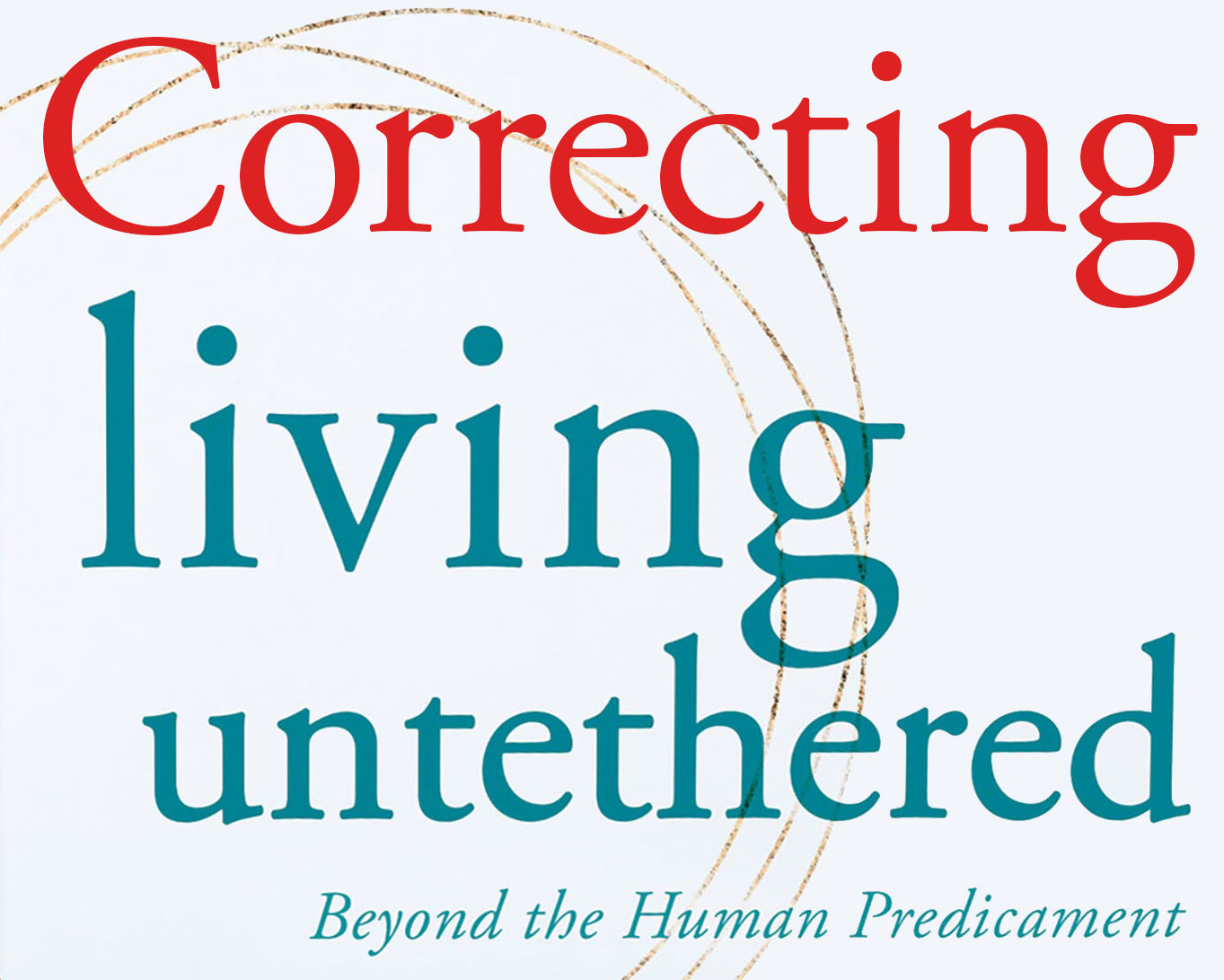
This article is the fourth in a series of 8, intended to offer corrections to Michael A. Singer’s latest book, Living Untethered: Beyond the Human Predicament, for the benefit of his readers. Each article in the series is dedicated to addressing one of the book’s parts, with this article addressing “Part IV : Thoughts and Dreams”.
Mr. Singer begins Part IV by distinguishing between the personal mind and the impersonal or abstract mind. However, this approach is misleading. This is because mind is the ability to solve problems — and problems only exist relative to one’s self. Therefore, all of mind is personal mind. What Mr. Singer is referring to as personal mind is when the mind treats the condition of the self as a problem to be solved. What he then refers to as impersonal mind is when the mind treats conditions outside of the self as problems to be solved, for the benefit of the self. While the latter is most often helpful, the prior can easily lead to harmful neuroses.
Mr. Singer engages in another misunderstanding when he writes that, “... your past experiences determine your preferences”. In fact, your past experiences influence but do not determine your preferences; you determine your preferences through your values and choices. This misunderstanding of preference is related to misunderstandings in Part III that also confuse influences with their effects.
Putting aside the continuation of misconceptions as previously noted in the first three parts of this series, Mr. Singer expresses another important misconception when he writes that “suffering is caused by the contrast between what you mentally decided you wanted and the reality unfolding in front of you”. In actuality, suffering is caused by emotional attachment to one’s preferences over one’s reality. The difference between these concepts is that it is not the contrast between preference and reality that causes suffering but rather being emotionally attached to preference over reality that causes suffering. It is entirely feasible for you to have preferences while being emotionally unattached to their realization.
The distinction that Mr. Singer makes between “willful” thoughts and “automatic” thoughts may be useful to some. However, the way he does so is misleading in that it treats consciousness as a victim of “automatic” thoughts. What is actually going on is that your “willful” thoughts are thoughts that you are choosing to create consciously, whereas your “automatic” thoughts are thoughts that you are choosing to create unconsciously. In other words, your “automatic” thoughts appear to be automatic because you’re not conscious of the fact that you are choosing to create them. Yet, they’re still your thoughts and you are just as responsible for them as you are for the thoughts you are conscious of creating willfully. The more conscious you become, the fewer thoughts arise “automatically” and the more willfully you are able to interact with both yourself and your world.
A major misconception that Mr. Singer engages in is with regards to negativity. When he writes that, “... the only thing that isn’t negative to you is that which exactly matches your preferences”, he misconstrues negativity as being about preference. In fact, positivity and negativity are all about gratitude — or the lack thereof. I may generally prefer chocolate ice cream over vanilla ice cream but I’m not going to become negative if a store is out of chocolate ice cream and I am left with only vanilla ice cream instead. In such a scenario, my positivity or negativity is not based on how reality exactly matches my preferences but rather how grateful I am for what I am experiencing in reality. If I am grateful to be having vanilla ice cream regardless of my preferences then I will feel positive. If I am ungrateful to be having chocolate ice cream, for whatever reason, then I will feel negative, regardless of my preference for chocolate ice cream.
When it comes to thoughts and dreams, it is helpful to accept the fact that they are yours. This does not mean that you need to analyze or solve them but rather to point out that it is helpful to observe them, much like a loving parent observes a child. Fundamentally, it is your responsibility to love your mind, to facilitate its growth and well-being. The more you do so, the healthier and more wonderful your thoughts and dreams will become.